Dutch scientists set to return to Spitsbergen in 2020
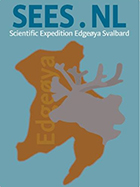
Five years after the successful SEES expedition in 2015, UG researchers Maarten Loonen, Frits Steenhuisen and Annette Scheepstra are again leading a large research expedition into the Arctic region. Climate change has such a rapid impact around the North pole region, that a new scientific expedition to the island Edgeøya, east of Spitsbergen, is necessary in order to record the ecological consequences. SEES 2020 will take place from 3 to 12 August 2020. The Arctic Centre of the University of Groningen has initiated the expedition, which is supported by NWO, the Ministry of Foreign Affairs and Oceanwide Expeditions. As was the case in 2015, a large number of Arctic researchers from different institutes as well as a number of journalists will join the expedition. Maarten Loonen is proud: ‘We are going to do it again: the largest Dutch Arctic expedition ever will be repeated. What is new is that, this time, we will offer more space to young researchers; PhD candidates and postdocs can submit research proposals.’
Edgeøya is one of the remotest wildernesses, with a very large population of polar bears. From 1968 to 1988 there was a Dutch station on the island which collected a large amount of ecological data. In 2015 SEES (Scientific Expedition Edgeøya Spitsbergen) visited the area with 50 scientists in order to map the changes. The results indicated a great increase in the speed of climate heating. Since that time, this region has seen temperatures rise with 1.5 degrees Celsius, as well as a period of 100 subsequent months of warmer-than-normal temperatures.
Ecological changes
During the last few years, the three UG researchers have worked hard to get this second SEES expedition off the ground. They themselves regularly spend time in the UG Arctic station in Ny-Ålesund on Spitsbergen. Available statistics and graphs show that the temperatures on Spitsbergen are increasing much faster than anywhere else. A new expedition to Edgeøya is required to gain better insights into the changes to landscape and biodiversity caused by the accelerated heating of the climate.
Loonen: ‘Graphs do not cease to fascinate me, I look at them all day. Climate statistics often show averages for the last 30 years. But that implies that the figures already contain a certain quantity of heating. This causes a shift in your point of reference.’ Partly for that reason, the most important aims of the SEES 2020 expedition are: to collect data in order to visualize the ecological consequences of climate change; to improve the cooperation between Arctic researchers through joint workshops; to ensure a better use of scientific publications; and to put more work into increasing public knowledge of the consequences of climate change.
Participants
Biologists, archaeologists, geologists, glaciologists and climate scientists at the UG, Wageningen University & Research, Utrecht University, VU University Amsterdam and NIOZ jointly make up the largest part of the group. In addition, the expedition offers space for non-Dutch researchers, journalists and paying tourists. The group sails from Longyearbyen on Spitsbergen to Edgeøya on the ship MV Ortelius of Oceanwide Expeditions. With the benefit of 24 hours of daylight smaller ships can land on the island all day long to collect data and make explorations. On the Ortelius itself, teams will be working to process the collected data to produce data files, maps, as well as working in the expedition's specially designed on-board laboratory.
Why Dutch research?
The Netherlands has a historical connection with Spitsbergen, since it was discovered by Willem Barentz. The history of Dutch nationals on the island can still be recognized in the traces of mineral resource extraction and whale hunting. The island still contains many graves of whale hunters. Twice a year, the Netherlands also has a ‘living connection’ to the Arctic region through the trails of migratory birds.
The UG has a solid international reputation in the field of Arctic research, partly through the Arctic Centre, which will be celebrating its 50-year anniversary in 2020.
More information
- website SEES
- Arctic Centre
- More about dr. Maarten Loonen or follow @MaartenLoonen on Twitter
- Participate as individual? Subscribe to the SEES news letter or mail seespits gmail.com
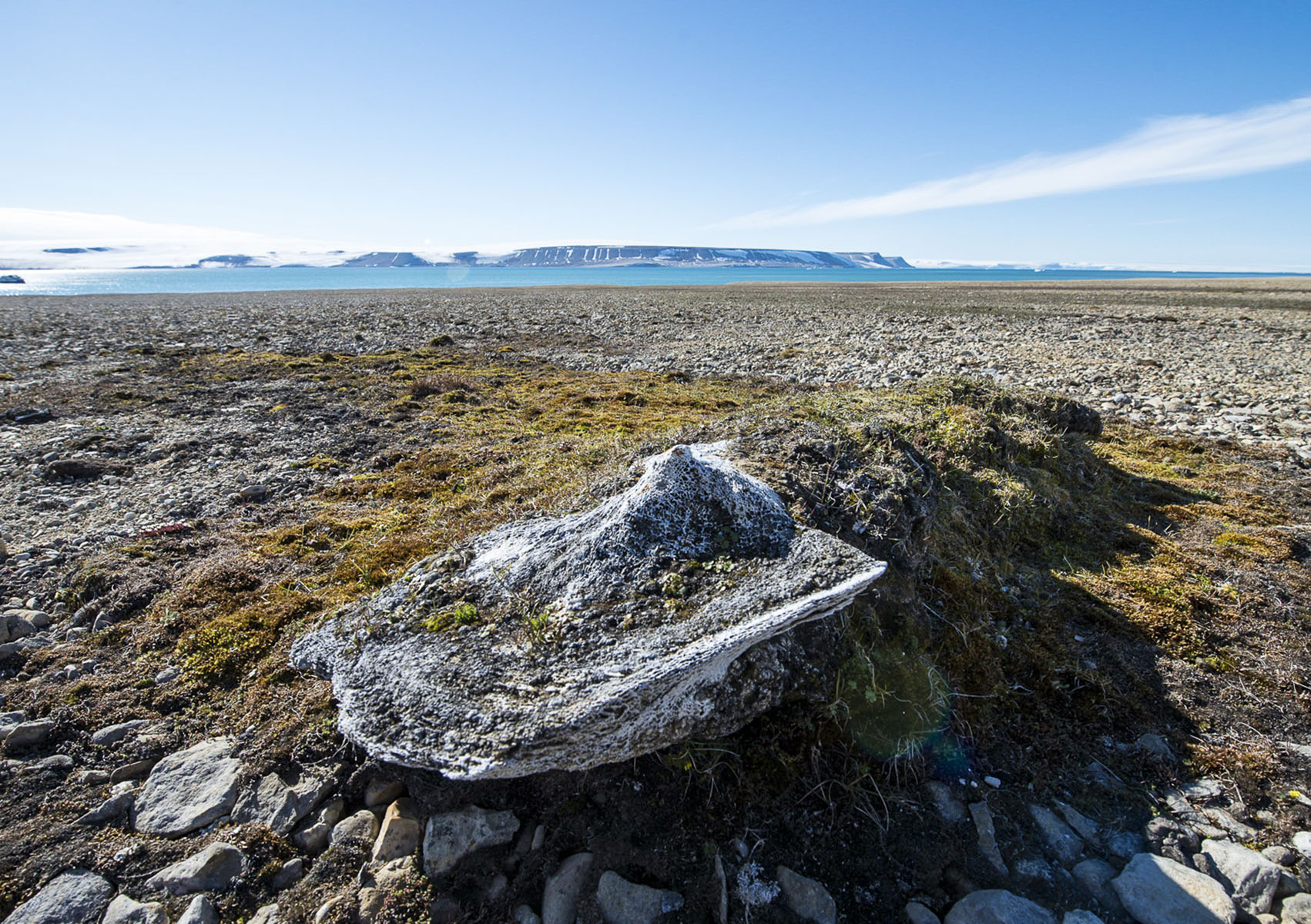
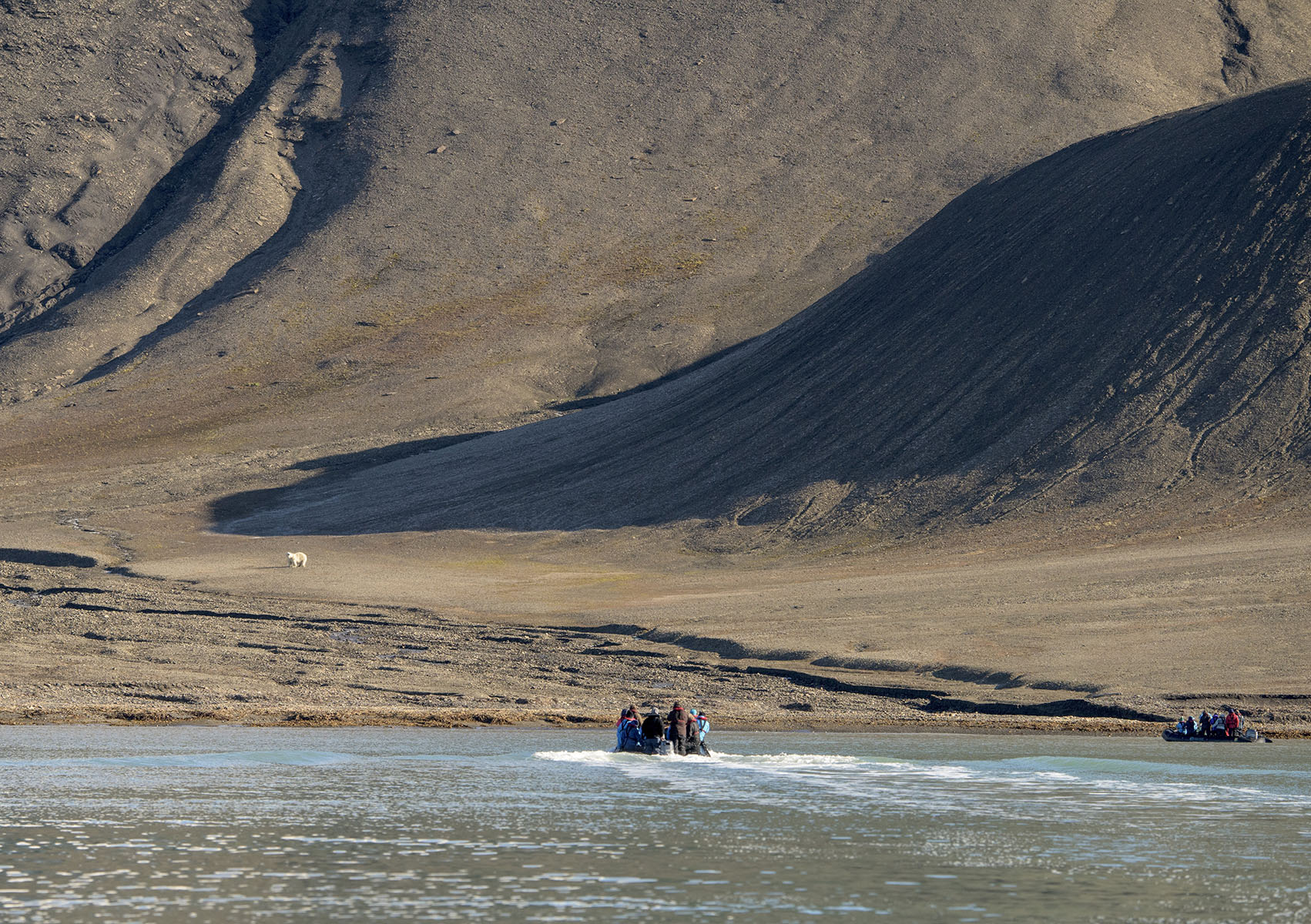
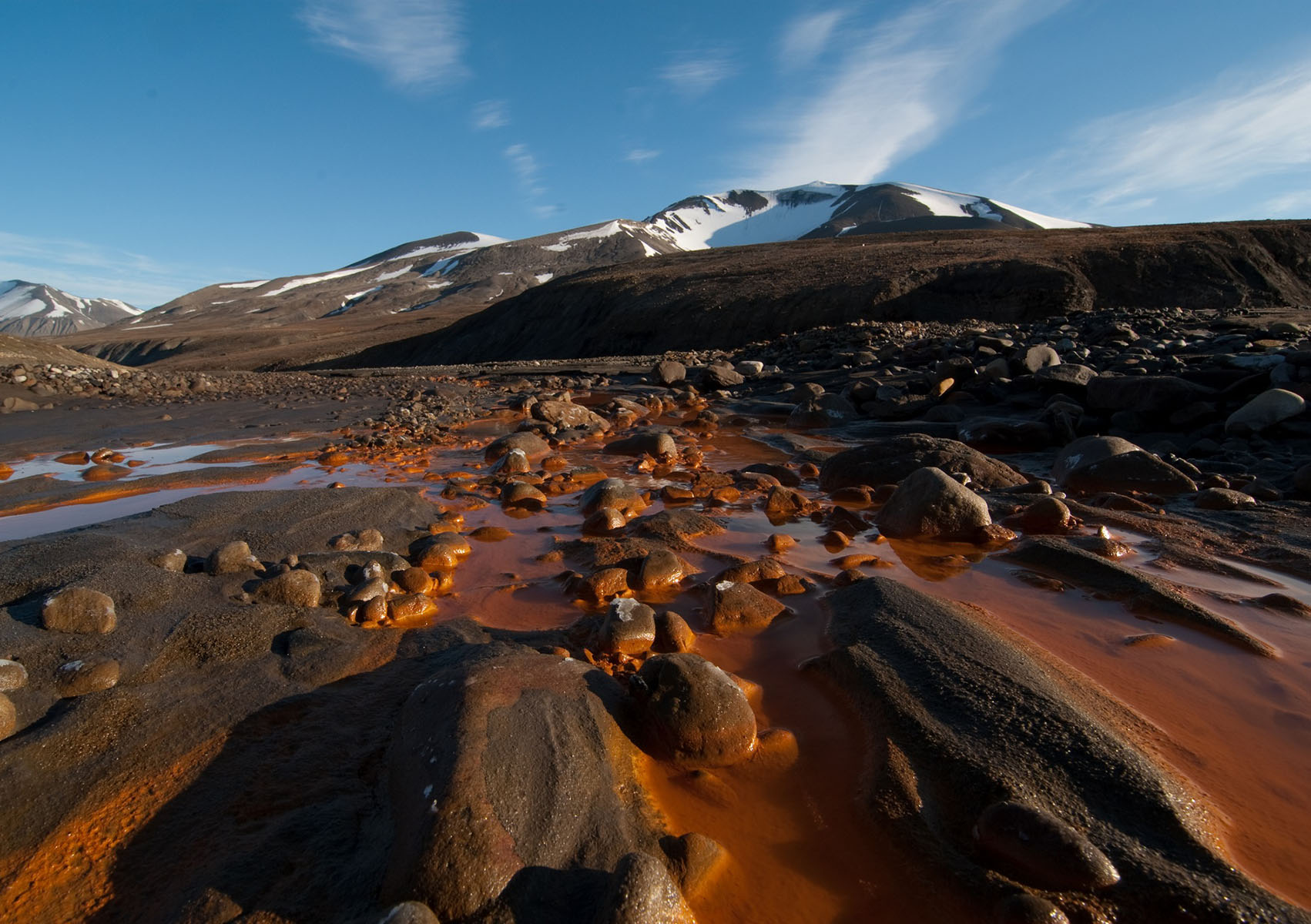
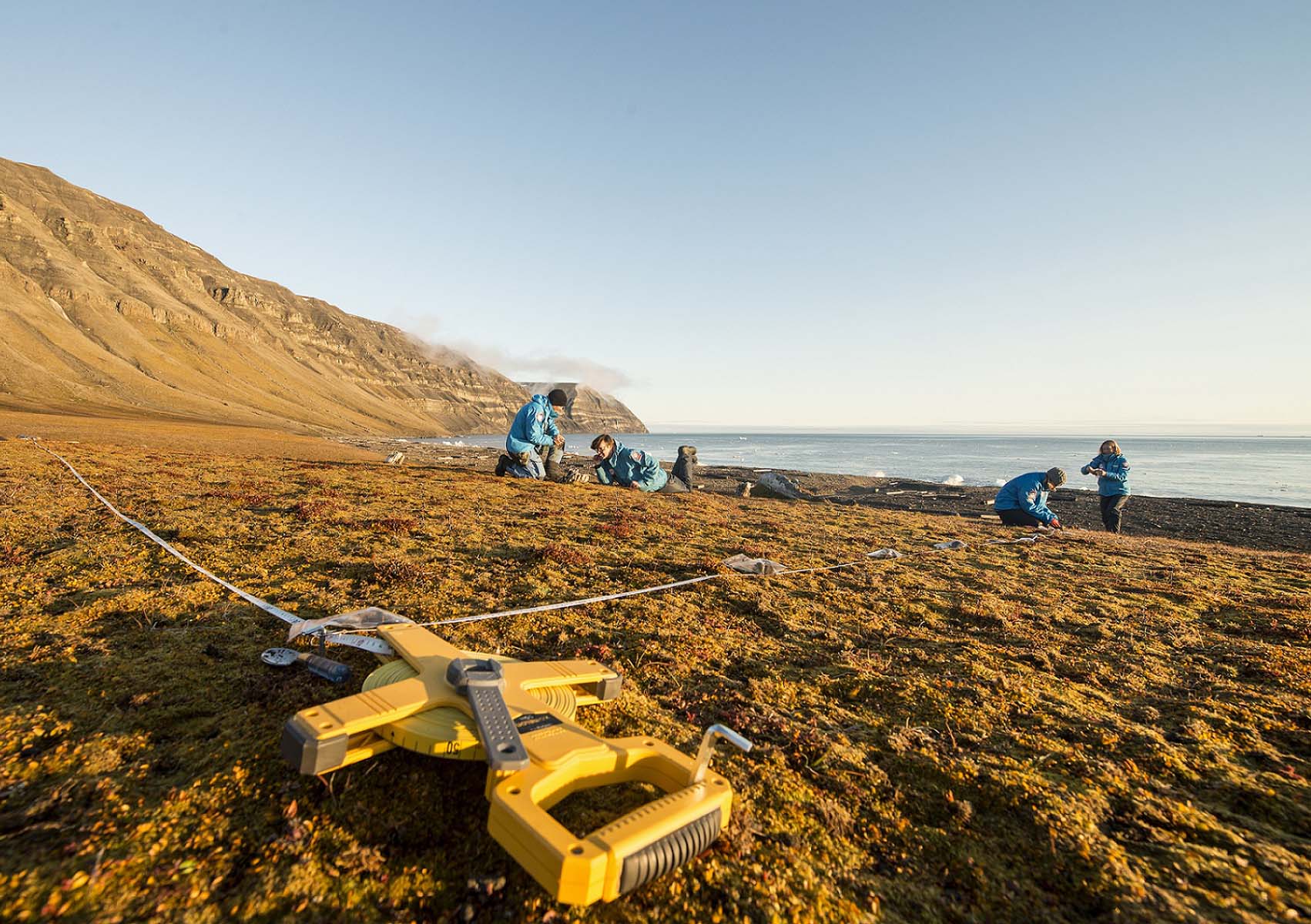
More news
-
19 January 2026
Digitization can leave disadvantaged citizens in the lurch
-
13 January 2026
Doing good in complex situations
